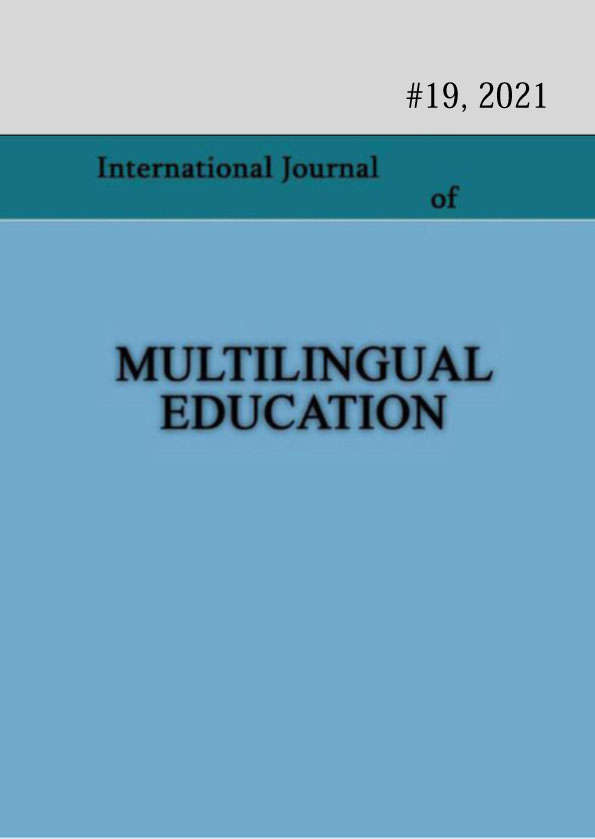Grammatical-pragmatic aspects of teaching verb forms to non-Georgian speakers
Keywords:
learning, teaching, Verb construction, Language learner, SemanticsAbstract
For non-Georgian speakers, in the process of teaching the Georgian language, it is crucial to overcome the problems that accompany the understanding, comprehension and mastering of verb forms. The complexity and diversity that is characteristic to the Georgian verb is conditioned not only by polypersonalism or even by the large number and functional richness of the prepositions, but also by the variety of lexical means. The Georgian language has inexhaustible means to produce new verb forms, in order to give the speaker (speaking individual) opportunity to express the new semantics more accurately, to specify the utterance and to add more clarity to the meaning. For example, if a language learner expresses a desire to perform an action, then it is better to first get him/her used to the infinitive constructions of the verbs including მინდა (მსურს) minda (msurs) I want (I would like), for example, I want (I would like) წაკითხვა tsakitkhva – to read (მუშაობა mushaoba – work... წასვლა tsasvla – go, დადგომა dadgoma – stand... თქმა tqma – say, ჩაცმა chatsma – dress...). In the next level of language learning, we can also introduce verb constructions expressing the desired action: I want (I would like) წავიკითხო tsavikitkho – to read (ვიმუშაო vimushao – to work... წავიდე tsavide – to go, დავდგე davdge – to stand... ვთქვა vtqva – to say, ჩავიცვა chavitsva – to put on)... This will also prepare the ground for the language learner to express the obligation with the help of a particle უნდა unda (I must): unda tsavikitkho – I must read (vimushao – work... tsavide – go, davdge – stand... vtqva
– say, chavitsva – put on)... He/she could easily build relatively extensive constructions: qartuli ena kargad unda vistsavlo – "I must learn Georgian well"; dghes bevri unda vimushao – "I must work a lot today"; khval universitetshi unda tsavide – "I must go to university tomorrow"; dilit adre unda avdge – "I must get up early in the morning"; es teqsti zepirad unda vtqva? – "Should I say this text orally?"; Tbilad unda chavitsva – "I must dress warmly". The report will provide extensive material to demonstrate the grammatical and lexical means that will make the learning / teaching process of verb forms easier for non-Georgian speakers.
Published
How to Cite
Issue
Section
License

This work is licensed under a Creative Commons Attribution-ShareAlike 4.0 International License.

